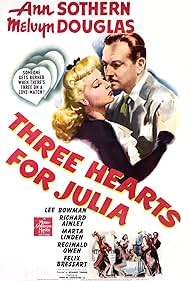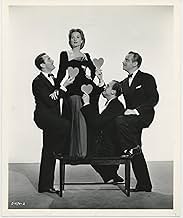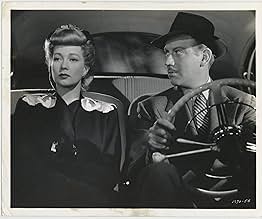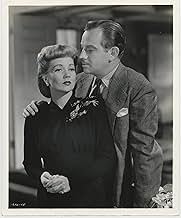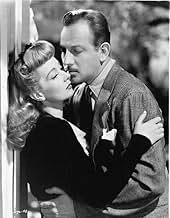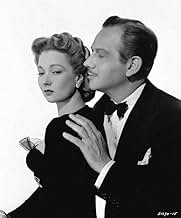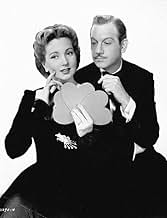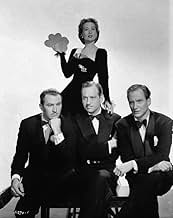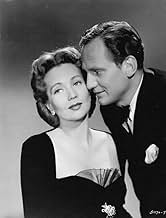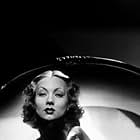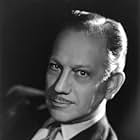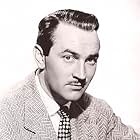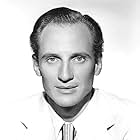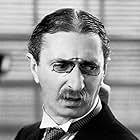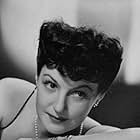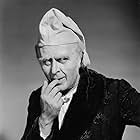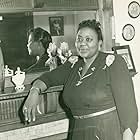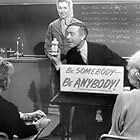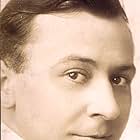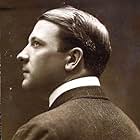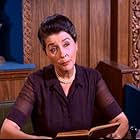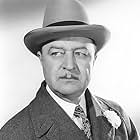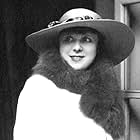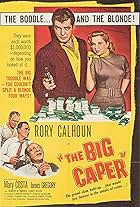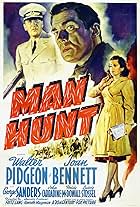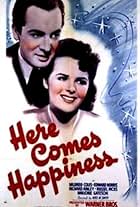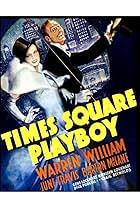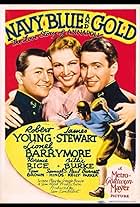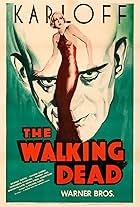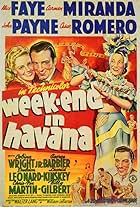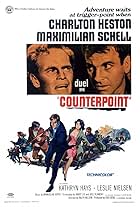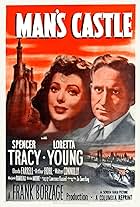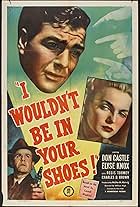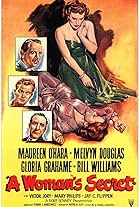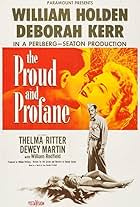World War II home front romantic comedy in which a war correspondent's wife wants a divorce along with his help in choosing her next husband.World War II home front romantic comedy in which a war correspondent's wife wants a divorce along with his help in choosing her next husband.World War II home front romantic comedy in which a war correspondent's wife wants a divorce along with his help in choosing her next husband.
Ernie Alexander
- Daily Globe Staff Member
- (uncredited)
Elvia Allman
- Eva
- (uncredited)
Hooper Atchley
- Reporter at Army Concert Hall
- (uncredited)
King Baggot
- Daily Globe Staff Member
- (uncredited)
Arthur Belasco
- Reporter
- (uncredited)
Mary Benoit
- Musician
- (uncredited)
Rudolph Cameron
- Reporter
- (uncredited)
Chester Clute
- Man with Binoculars
- (uncredited)
Phyllis Cook
- Western Union Girl
- (uncredited)
Nell Craig
- Maid
- (uncredited)
Storyline
Did you know
- TriviaJoan Crawford was offered the lead role, but turned it down.
- GoofsMelvyn Douglas is shown playing a musical saw by kind of strumming it or rubbing it with his bare hand. People actually play a saw by bowing it with a violin bow.
Featured review
"Three Hearts For Julia" (1943) is another World War II on the home front romantic comedy. Melvyn Douglas plays Jeff Seabrook, a war correspondent in the process of getting a divorce from his wife Julia (Ann Sothern). Jeff does not want the divorce but his wife, a talented violinist, wants a more high-toned (excuse the pun) husband. She has two acceptable suitors and wants Jeff (who she considers her best friend) to help her to decide between them. David Torrance (Lee Bowman), an orchestra producer and Philip Barrows (Richard Ainley), a music critic.
Meanwhile Julia gets fatherly advice from her conductor Anton Ottoway (Felix Bressart) who has become good friends with Jeff.
Jeff's world is represented by the song "Working On the Railroad" and is contrasted with the highbrow numbers she performs in the orchestra. The ending is very predictable.
"Three Hearts For Julia" is a pleasant enough romance but is short on comedy. Douglas and Bressart have one especially good scene where the newsman demonstrates an American folk music instrument called an Indiana Harpsichord to the famous conductor.
There is nothing wrong with the pairing of Douglas and Sothern, they have some chemistry but they are miscast in these roles. To work as a comedy their personalities should have been reversed with Sothern doing her standard "Maisie" shtick and Douglas playing the snob. Julia is just too straight for Sothern to inject any humor into the story and Douglas is only funny when his character becomes exasperated.
"Three Hearts for Julia" is interesting from a sociology standpoint. Julia plays the violin in a newly formed all-female orchestra, reflecting the wartime changes that occurred for women on the home front. Rather than celebrate these changes the film uses them for most of its attempts at humor. For example, the entire female orchestra panics when a mouse appears under one of the footlights and the conductor become angry with the women for checking their makeup and having to care for their children. Apparently the target audience was a reactionary element who yearned for the good old days of traditional homemaking. The ending (despite film's all-time sappiest look from Douglas) hints that Julia has gotten too uppity and would be much happier as the traditional wife of a regular guy.
Then again, what do I know? I'm only a child.
Meanwhile Julia gets fatherly advice from her conductor Anton Ottoway (Felix Bressart) who has become good friends with Jeff.
Jeff's world is represented by the song "Working On the Railroad" and is contrasted with the highbrow numbers she performs in the orchestra. The ending is very predictable.
"Three Hearts For Julia" is a pleasant enough romance but is short on comedy. Douglas and Bressart have one especially good scene where the newsman demonstrates an American folk music instrument called an Indiana Harpsichord to the famous conductor.
There is nothing wrong with the pairing of Douglas and Sothern, they have some chemistry but they are miscast in these roles. To work as a comedy their personalities should have been reversed with Sothern doing her standard "Maisie" shtick and Douglas playing the snob. Julia is just too straight for Sothern to inject any humor into the story and Douglas is only funny when his character becomes exasperated.
"Three Hearts for Julia" is interesting from a sociology standpoint. Julia plays the violin in a newly formed all-female orchestra, reflecting the wartime changes that occurred for women on the home front. Rather than celebrate these changes the film uses them for most of its attempts at humor. For example, the entire female orchestra panics when a mouse appears under one of the footlights and the conductor become angry with the women for checking their makeup and having to care for their children. Apparently the target audience was a reactionary element who yearned for the good old days of traditional homemaking. The ending (despite film's all-time sappiest look from Douglas) hints that Julia has gotten too uppity and would be much happier as the traditional wife of a regular guy.
Then again, what do I know? I'm only a child.
- aimless-46
- Aug 23, 2006
- Permalink
Details
- Runtime1 hour 23 minutes
- Color
- Aspect ratio
- 1.37 : 1
Contribute to this page
Suggest an edit or add missing content

Top Gap
By what name was Three Hearts for Julia (1943) officially released in India in English?
Answer